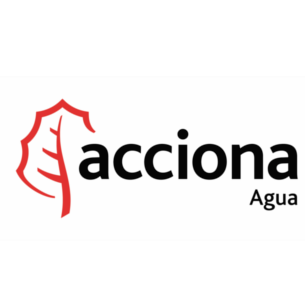Breach of License Agreement Damages: What You Need to Know
License agreements are an essential component of intellectual property rights. They enable individuals and businesses to license patented inventions, copyrighted works, and trademarks for use under specified terms and conditions.
However, when one party breaches a license agreement, the other party can suffer significant financial losses and reputational damages. In this article, we`ll explore the various types of damages that can arise from a breach of license agreement and how to minimize the risks.
Types of Breach of License Agreement Damages
1. Direct Damages
Direct damages refer to the immediate losses that the injured party experiences due to the breach of the license agreement. They include compensation for the actual harm suffered, and the amount of compensation is usually calculated as the difference between what the injured party was entitled to receive under the license agreement and what they actually received.
For example, if a licensee breaches a license agreement by failing to pay the agreed royalties, the licensor can seek damages equal to the unpaid royalties. Alternatively, if the licensee breaches the agreement by using the licensed intellectual property outside the agreed scope, the licensor can seek damages equal to the amount of profits the licensee gained from the unauthorized use.
2. Indirect Damages
Indirect damages refer to the losses that the injured party experiences due to the breach of the license agreement, which are not immediately quantifiable. They include losses such as lost goodwill, lost profits, and lost opportunities.
For example, if the licensee breaches the agreement by infringing on the licensor`s trademark, the licensor may suffer lost profits due to the confusion created in the marketplace. Similarly, if the licensee breaches the agreement by failing to comply with quality control standards, the licensor may suffer damage to its reputation, which can lead to lost opportunities.
3. Punitive Damages
Punitive damages are awarded to the injured party as a form of punishment to the breaching party for their intentional or reckless conduct. They are awarded in addition to direct or indirect damages and are intended to deter the breaching party and others from engaging in similar conduct in the future.
For example, if the licensee intentionally breaches a license agreement by counterfeiting the licensor`s product, the licensor may seek punitive damages to punish the licensee and deter other potential infringers.
Minimizing the Risks of Breach of License Agreement Damages
To minimize the risks of breach of license agreement damages, it is essential to:
1. Clearly define the terms and conditions of the license agreement, including the scope of the license, payment terms, quality control standards, and termination provisions.
2. Conduct due diligence before entering into a license agreement to ensure that the licensee has the necessary skills, expertise, and financial resources to comply with the agreement.
3. Monitor the licensee`s compliance with the license agreement regularly and enforce the agreement`s terms and conditions promptly.
4. Include provisions for dispute resolution, such as mediation or arbitration, in the license agreement to avoid costly and time-consuming litigation.
Conclusion
A breach of license agreement can cause significant financial losses and reputational damages to the injured party. However, by clearly defining the terms and conditions of the agreement, conducting due diligence, and monitoring compliance, the risks of breach of license agreement damages can be minimized. In case of a breach, it is essential to seek legal advice promptly to protect your intellectual property rights and seek appropriate compensation.


